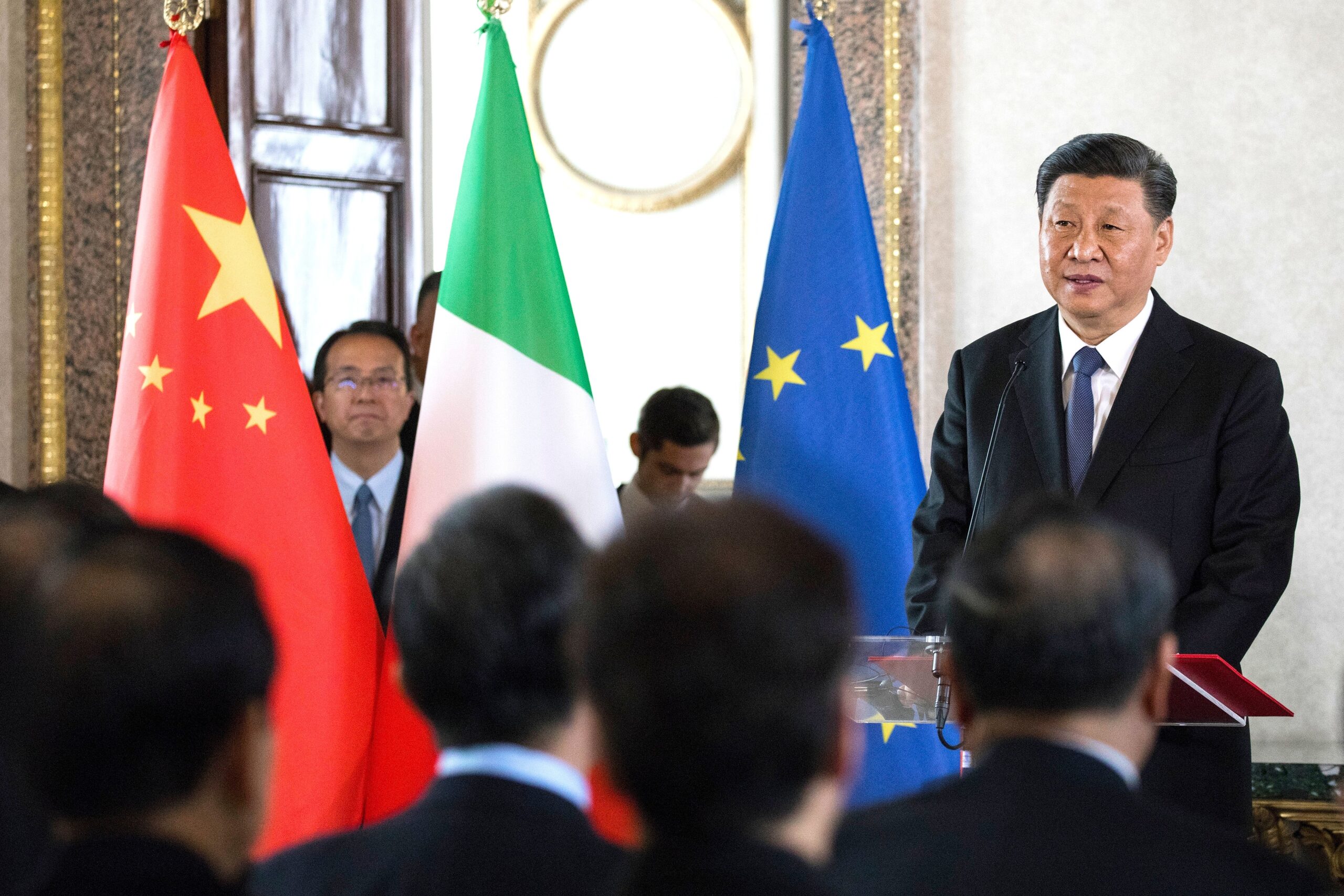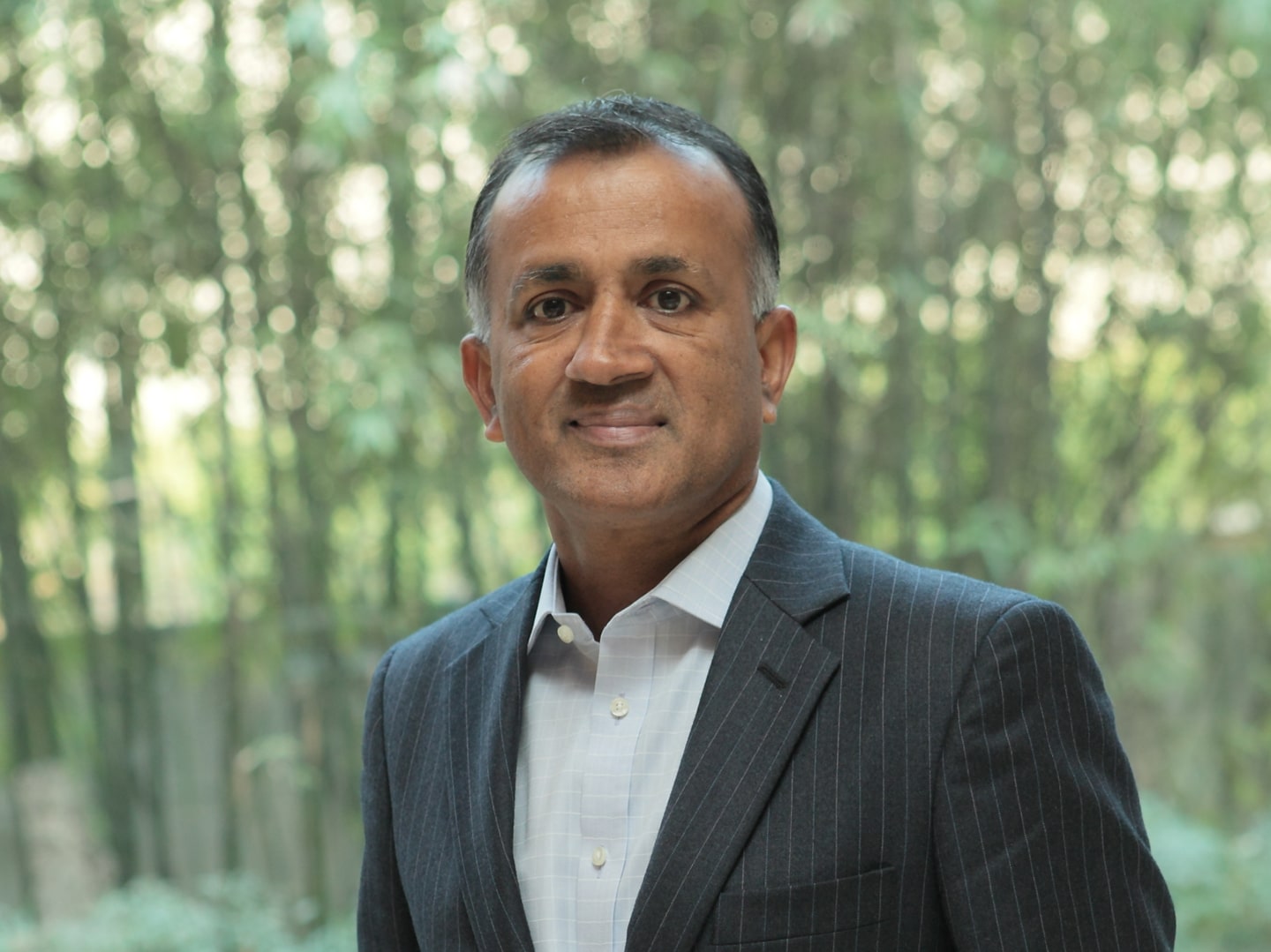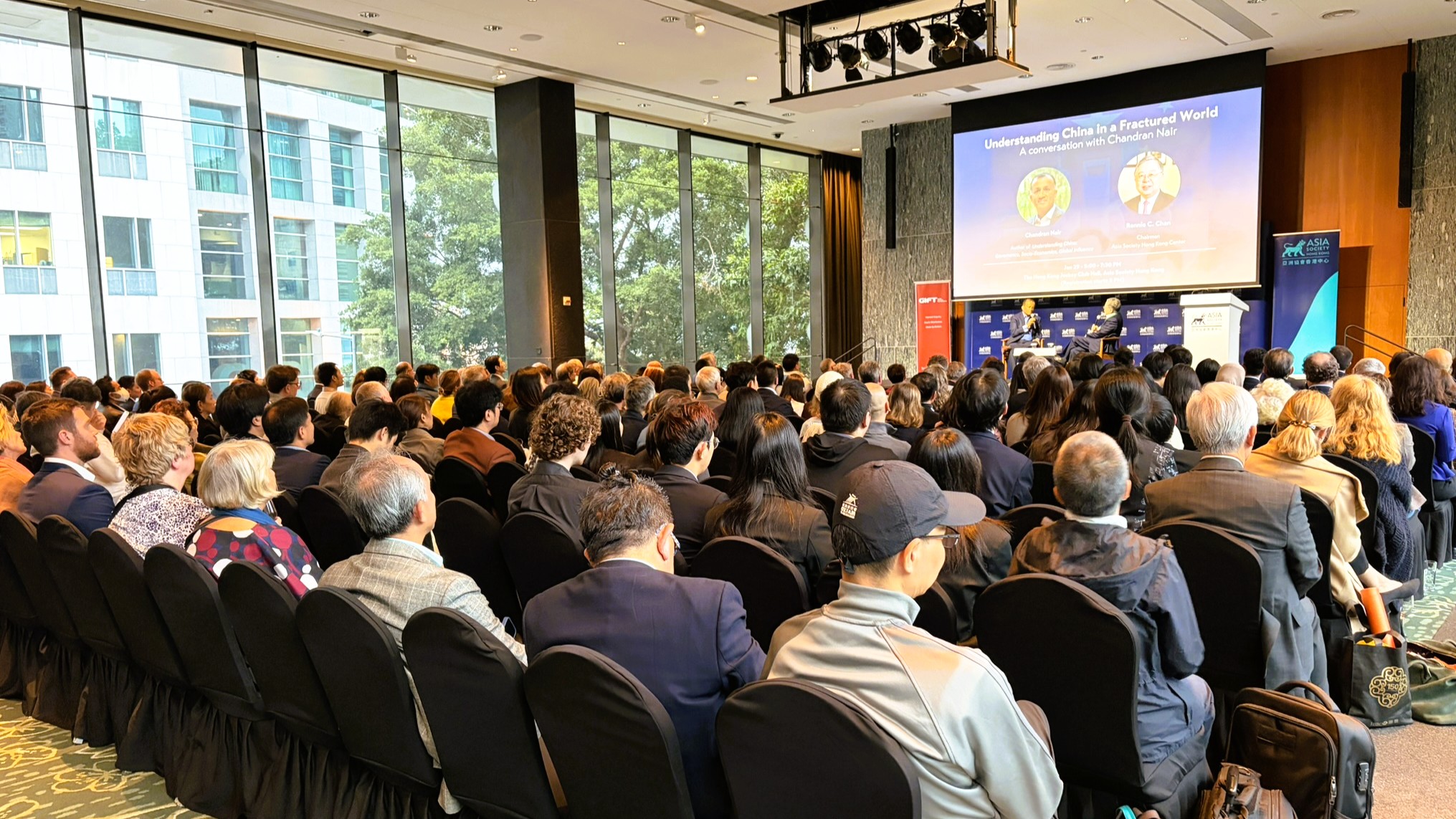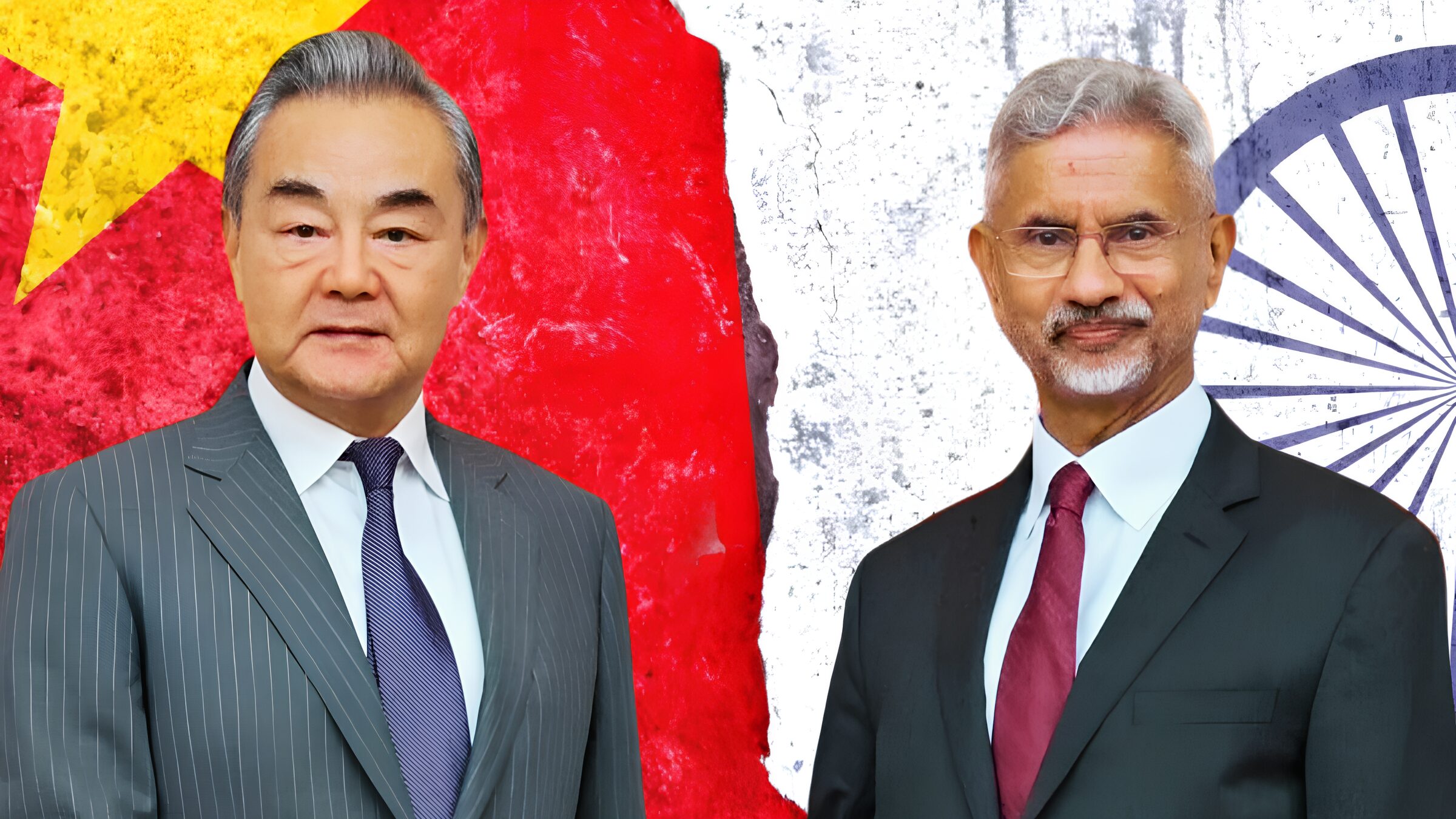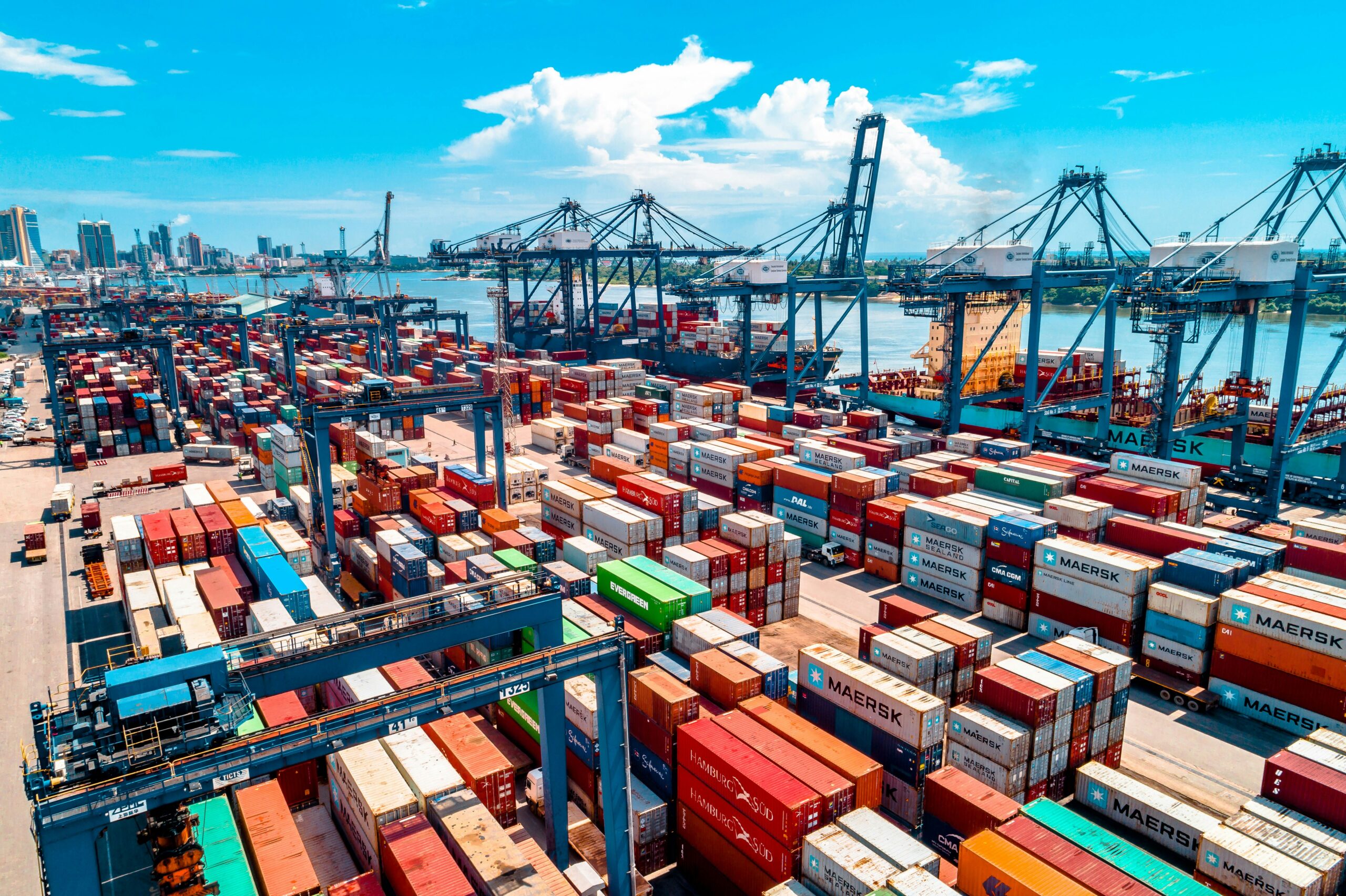Is China a destabilising rival or a balancer in a fractured world?
The prevailing Western narrative often insists on the former, but a growing global conversation is challenging this paradigm, pointing to a future where multipolarity, not hegemony, is the platform for international stability.
On 12 September, the Global Institute For Tomorrow (GIFT) hosted a virtual conference titled, “Geopolitics & Conflicts: Is China’s Balancing Act a Global Good?”. This timely discussion, which attracted an audience from across 50 countries, sought answers to critical questions about global leadership, mediation, and the future of the world order.
Pankaj Mishra, internationally renowned writer and Fellow of the Royal Society of Literature, eloquently opened the event with a call for a radical departure from Western-centric narratives. He framed the current moment as a “historical shift” driven not by a Chinese desire for domination, but by a global loss of Western legitimacy and a “disdain for a rogue superpower in the form of the United States.”
The ensuing panels of international experts held spirited discussions, with some salient points worth highlighting:
1. China prefers to act within internationally established frameworks and defers to official channels to resolve conflict.
China approaches foreign policy through a relational lens, seeking to align with regional organisations and UN mandates rather than imposing its own ideological frameworks, as pointed out by Prof. Matthias Vanhullebusch. This was evidenced by comparing its stance on interventions in Libya versus the Ivory Coast. Dr. Ling Jin echoed this point by noting that China generally favours political dialogue and diplomacy as instruments for crisis management, rather than resorting to sanctions. She emphasised its role as a trusted, objective mediator – most notably in facilitating reconciliation between Iran and Saudi Arabia.
2. The Middle East can be a litmus test for the extent of China’s global leadership intentions
In a powerful and direct challenge, Dr. Alaa Tartir, from SIPRI, argued from a Middle Eastern perspective that “China can be a global leader if it wants to.“ He pointed to its immense economic leverage but questioned if it would move beyond transactional politics and cautious incrementalism. Using Gaza as a critical test case, he pressed for bolder action, asking if China is willing to lead a new coalition, reinvent global governance, and consider sanctions to uphold accountability. He posed the essential question: “Can, or is, China interested in clashing with the US over Palestine?“
3. China’s global engagements are driven by a set of traditional philosophical values that are very different to the West
In what appeared to be a response to Dr. Tartir’s comments, Prof. Wang Yiwei of Renmin University provided crucial context rooted in philosophy, explaining that China’s actions originate from a fundamentally different worldview. He contrasted the US’s “linear” and “theological” perspective with China’s “circular” and philosophical one, emphasising principles of harmony, non-interference, and a long-term approach to addressing global crises. He concluded that China’s role is not to seek hegemony but to promote a multipolar world order based on this vision of harmonious coexistence, a stance he believes is increasingly relevant as the US steps back from its global leadership role.
4. When using development for peacebuilding, China must account for the political complexities that constrain its impact
China brings development back to the forefront of global issues, focusing on poverty and inequality as the root causes of conflict, as noted by Dr. Yang Jiang. This approach, favouring economic partnerships and technology transfer over conditional aid, resonates deeply among the Global Majority. However, Ms. Sanusha Naidu offered a more critical perspective on China’s development-led initiatives in Africa. She noted that while efforts such as corporate social responsibility in South Sudan were undertaken, for example, they fell short due to the complex nature of interstate conflicts, making it difficult for any single actor to drive meaningful change.
5. Global cooperation must transcend rivalry and be grounded in equity and a shared responsibility for the common good
The West tends to misread forums like the Shanghai Cooperation Organisation and BRICS as an “anti-Western bloc,” as highlighted by Prof. Chow Bing Ngeow. He argued that from a Southeast Asian viewpoint, these initiatives are not a direct assault on the liberal international order, but a “recalibration” aimed at making it more equitable and beneficial for the Global Majority. Bringing in an economic perspective, Dr Balázs Horváth stressed that ensuring the success of China’s development-focused model requires the rest of the world to move away from zero-sum rivalries and towards “effective global cooperation with an emphasis on global public goods”. This is supported by Dr. Shahla Ali’s call for an “elevated conversation” beyond “realpolitik” and tit-for-tat dynamics. She envisioned a global system that functions like a single body where nations contribute their unique experiences and values for the common good.
If you would like to catch up on or rewatch what our speakers had to say, do check out the conference recordings and share the highlights with your network.
On behalf of the GIFT team, I would like to thank our distinguished keynote speaker, Mr. Pankaj Mishra, internationally renowned author, intellectual, and Fellow of the Royal Society of Literature, and the panellists for contributing their time and insights:
- Prof. Chow Bing Ngeow, Associate Professor & Director, Institute of China Studies at the University of Malaya, Nonresident Scholar at Carnegie China
- Dr. Ling Jin, Senior Research Fellow & Director, Department for European Studies, China Institute of International Studies
- Prof. Dr. Matthias Vanhullebusch, Professor of Negotiation & Mediation, Faculty of Law, Hasselt University
- Dr. Yang Jiang, Senior Researcher, Danish Institute for International Studies
- Dr. Alaa Tartir, Senior Researcher & Director of the Middle East and North Africa Programme, Stockholm International Peace Research Institute
- Dr. Shahla Ali, Professor and Associate Dean (International) & Director of Program in Arbitration and Dispute Resolution, Faculty of Law, The University of Hong Kong
- Sanusha Naidu, Associate, Nelson Mandela School of Public Governance & Senior Research Fellow, Institute for Global Dialogue
- Dr. Balázs Horváth, Former Resident Representative, UNDP Botswana
- Prof. Yiwei Wang, Jean Monnet Chair Professor; Director, Institute of International Affairs & Center for European Studies, Renmin University of China
Special thanks to Karim Rushdy, Strategy Advisor at GIFT.ed for his expert moderation of the second panel.
Chandran Nair
Chandran is the Founder and CEO of the Global Institute For Tomorrow (GIFT), a pan-Asian think tank dedicated to helping organisations navigate global complexities. His work focuses on the shift of economic and political influence to Asia, the evolving role of business in society, and the transformation of global capitalism.


